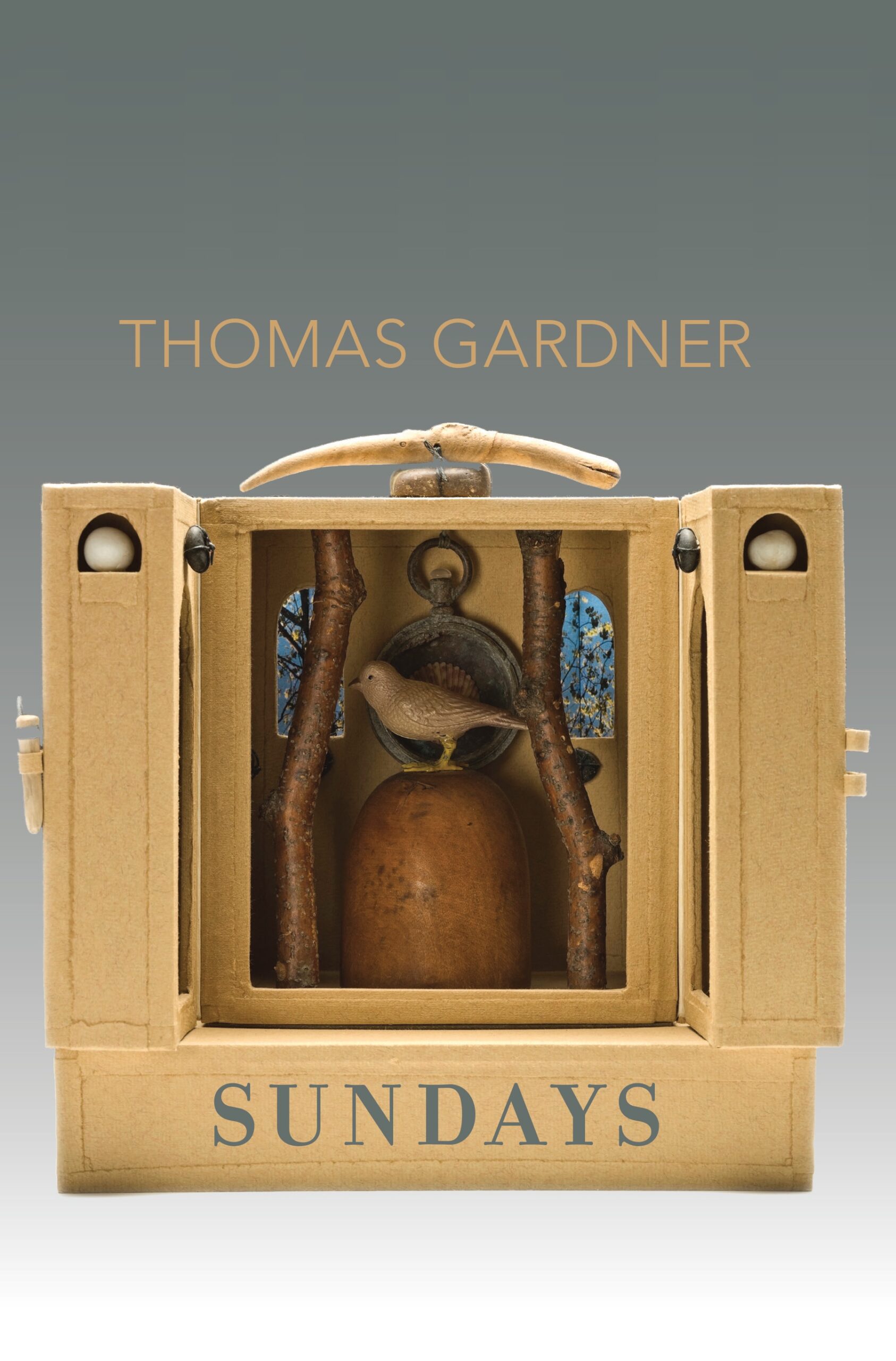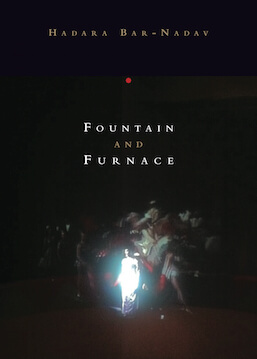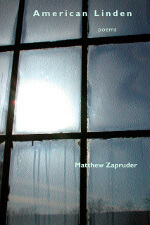Winner of the 2021 ΦBK Albert Lee Sturm Award
Thomas Gardner has the lightest of writerly touches. In his exquisite new poetry collection, Sundays, the effect he achieves in a few lines of focused attention, again and again, is profound, hushed and magical. The delicate integuments of connections his mind makes create works that are nimbly written, but are also substantive, with the heft and weight of serious subjects. Each connection is a surprise, and at the same time, apropos. Sundays shimmers with insight.
—Cynthia Hogue, author of In June the Labyrinth
There is a sacrament of friendship both deep and expansive in Thomas Gardner’s Sundays. Here, in actual exchange of substance, poetry and Earth exchange true vows. Gardener has fashioned a cadence of inviolable intimacy that can and must endure. He lives the cadence, winning trust and welcome all the while.
—Donald Revell
Gardner’s Sundays is a daybook, a gentle Appalachian accounting of weeks. But it’s also more: a testament to long marriage, a ledger of losses, an exercise in attention. Somehow, it is also a brief for trust, that most human risk. Dickinson and Whitman are present in these pages, alongside other tutelary spirits ranging from Wallace Stevens to Eadweard Muybridge to Terrence Malick. Behind them all stands Thomas Traherne, the lonely 17th-century clergyman whose Centuries of Meditations lays the groundwork for Gardner’s gracious paragraphs. “The secret is almost too plain and I stop several times,” Gardner records at one point, “wondering if anyone else has noticed.” This is a book of noticing, and of quiet wonder.
—G.C. Waldrep
Continuing the work begun in 2014’s Poverty Creek Journal, the lyric essays in Thomas Gardner’s Sundays focus on moments in our ordinary lives when something within us breaks and we are cast out to wander and sing, “feeling [our] way toward something [in the invisible] that will press back.” “Deep within us is a river, under it all, where everything comes undone,” Gardner writes, and over a year’s-worth of Sundays, in an improvisatory prose that “holds its breath at its [own] undoing,” he takes us there, urging us each to find that same space opening within. Twenty turkeys in the backyard, a walk with friends from overseas to a plunging waterfall, moments in the dark when flashes across the eye become a boat in rising wind tugging against its mooring—these lyric pieces, much like the sentences from Marilynne Robinson’s novel Housekeeping Gardner discovers one morning pasted on the doors and windows and staircases of the building he works in, offer us pieces of the ordinary set apart, “tiny squares of print, unfixed from narrative,” so carefully tied together under the surface that the everyday world, like Gardner’s building, seems everywhere “ringed and veined with thought.”
Format: Paperback
Published: November 2020
Additional information
| Weight | 0.25 lbs |
|---|---|
| Dimensions | 6 × 9 in |





